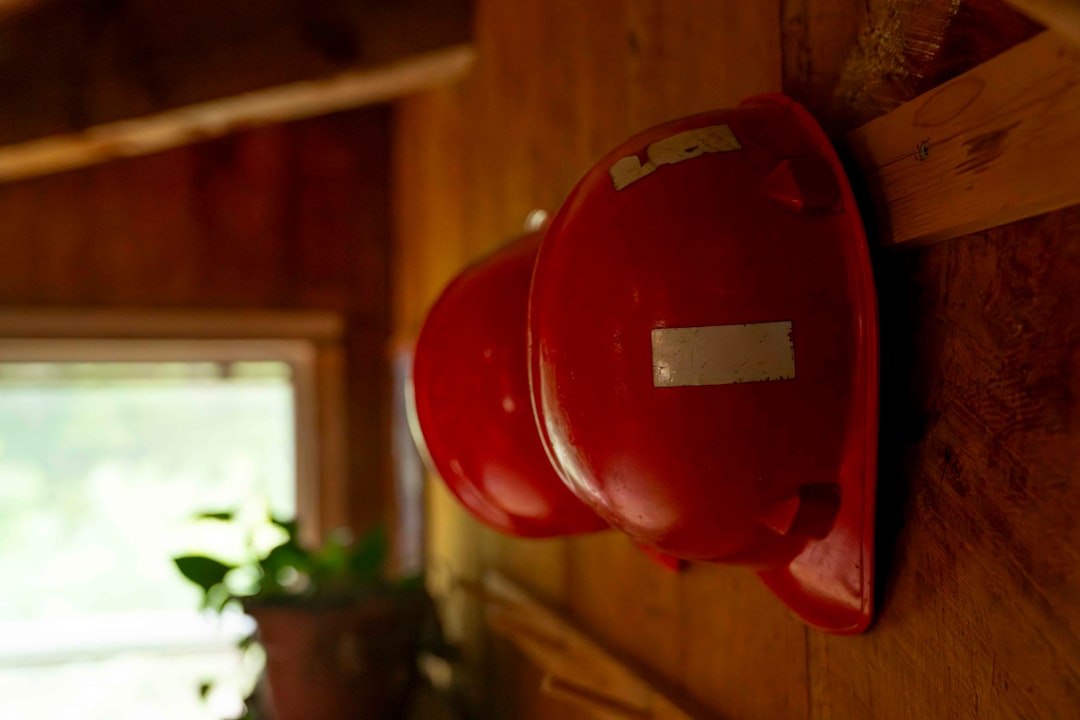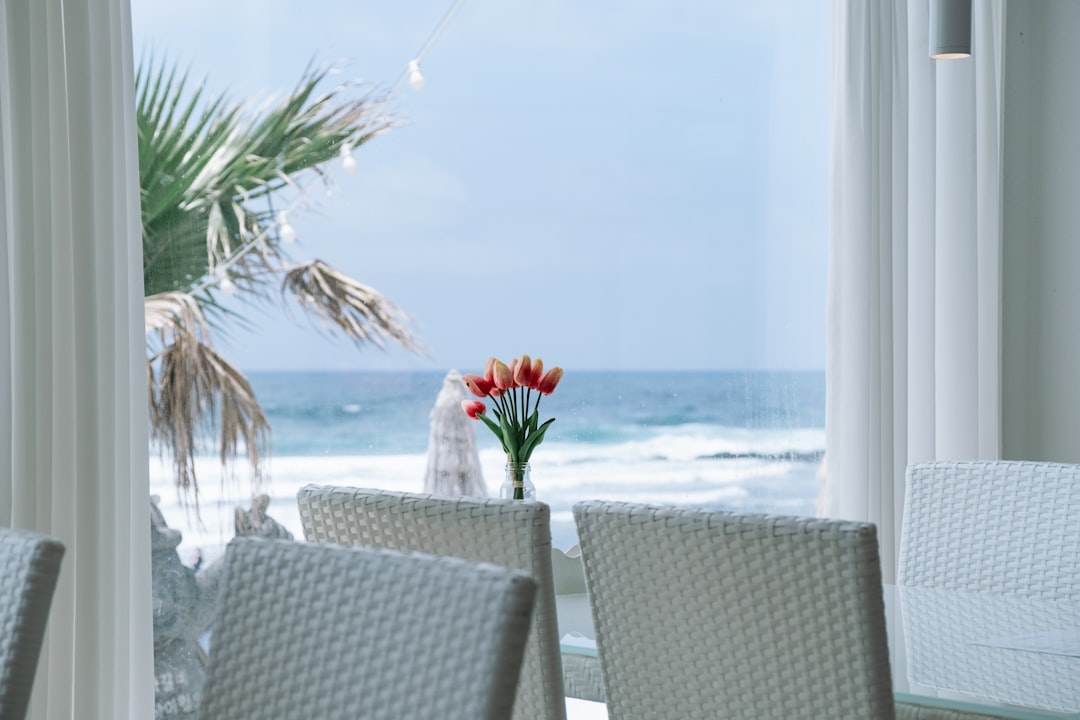Renting out a property on vacation rental platforms like VRBO (Vacation Rental By Owner) is an increasingly popular way to generate passive income. But while opening your doors to global travelers sounds appealing, it’s essential to understand that becoming a VRBO host also comes with a variety of legal, safety, and maintenance responsibilities. This guide walks through the most relevant VRBO host requirements, touches on safety rules, and covers key legal tips to help hosts stay compliant and profitable.
Understanding VRBO Hosting Requirements
Before listing a property on VRBO, it’s important to meet basic eligibility standards. VRBO requires that listings be:
- Privately owned residential properties
- Available for short-term rental (whether full homes or separate guest spaces)
- In compliance with local zoning laws and rental regulations
Hosts are expected to keep their calendar up to date, maintain high standards of cleanliness and hospitality, and provide accurate listing descriptions. Guest reviews heavily influence future bookings, so any deviation from the advertised experience can have a significant impact.
Legal Considerations for VRBO Hosts
The legal side of short-term rentals varies depending on the host’s location. Municipalities and cities often have their own rules concerning vacation rentals. Common legal concerns include:
- Short-Term Rental Permits: Many cities require hosts to obtain a license or permits before listing on VRBO or similar platforms.
- Zoning Regulations: Some residential areas limit or ban short-term rentals altogether.
- Occupancy Limits: Local laws may restrict the number of guests allowed per room or per property.
- Tax Compliance: Hosts are generally responsible for remitting lodging and occupancy taxes, although VRBO may collect and remit these on their behalf in some jurisdictions.

Failing to follow these rules can result in fines or removal of the listing, making it critical for hosts to research their local regulations in advance. Consultation with a real estate attorney is highly recommended before launching a property on VRBO.
Safety Standards for Guests and Hosts
Safety is a top concern for both property owners and VRBO. The platform provides a general framework for safety, but it’s up to each host to implement and maintain those standards. Essential safety requirements include:
- Functioning Smoke and CO Detectors: Ensure that smoke and carbon monoxide detectors are installed and tested regularly.
- Fire Extinguishers: These should be available in key areas like the kitchen or near any fireplaces.
- First Aid Kits: Stock a basic kit and place it in an easy-to-find location.
- Secure Entrances: Use deadbolts, door viewers, and, preferably, smart locks to protect both host property and guests.
- Emergency Contacts and Instructions: Post a guide with emergency numbers, exit routes, and utility shut-offs for added guest confidence.

VRBO also encourages hosts to consider property insurance policies tailored to short-term rentals. While VRBO offers liability coverage through its “Liability Insurance Program,” this doesn’t cover all potential damages, so securing your own policy is a wise decision.
Additional Tips for Successful Hosting
Beyond legal and safety considerations, great hosting comes down to thoughtful property management and guest experiences. Hosts should consider:
- Providing local guides and recommendations for guests
- Promptly responding to guest inquiries
- Creating a clean and welcoming environment
- Using professional photography in listings
Being proactive and professional not only builds trust but also encourages satisfied guests to leave glowing reviews—boosting long-term success on the platform.

FAQ – VRBO Host Requirements
- Do I need a license to rent my property on VRBO?
That depends on your local jurisdiction. Some cities require a short-term rental license or permit. Check your local municipal website for specifics. - Does VRBO provide insurance coverage for hosts?
Yes, VRBO offers liability insurance, but it’s limited. Hosts are encouraged to obtain a comprehensive rental insurance policy. - What’s the minimum requirement for listing a property?
Your property must be safe, legal to rent, have working utilities, and meet VRBO’s platform guidelines for accommodations. - How can I make my property more attractive to guests?
Adding quality photos, offering useful amenities, maintaining cleanliness, and responding quickly to questions enhances your listing appeal. - Is it legal to rent out part of my home?
Yes, but zoning laws and HOA rules may limit this. Always verify with local authorities before listing.
Becoming a VRBO host can be financially rewarding—but to do it right, hosts must take the necessary legal, safety, and service-related steps to ensure both compliance and guest satisfaction. Planning today can prevent costly issues later, leading to a profitable and sustainable hosting experience.


Leave a Reply